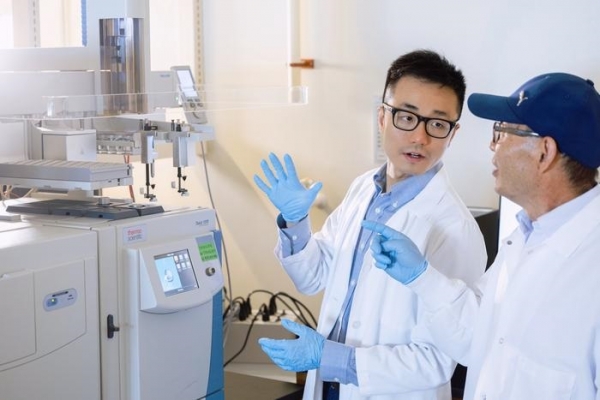Bill Gates Pledges Majority of Wealth to Improve Health and Education in Africa
Microsoft co-founder Bill Gates has announced that the majority of his wealth will be spent over the next two decades on enhancing healthcare and education systems across Africa.
Speaking from Addis Ababa, Ethiopia, the 69-year-old philanthropist emphasized his belief that “unleashing human potential through health and education” could place every African country on a path to prosperity.
Gates also encouraged Africa’s young innovators to consider how Artificial Intelligence (AI) could be used to strengthen healthcare systems across the continent.
Last month, Gates revealed his intention to donate 99% of his estimated $200 billion (£150 billion) fortune by 2045, the year his foundation plans to cease operations.
“In the next 20 years, my wealth will be given away,” Gates stated during an address at the African Union (AU) headquarters. “The majority of that funding will be spent on helping you tackle the challenges here in Africa.”
His commitment was welcomed by Mozambique’s former First Lady, Graça Machel, who called it timely and significant during a “moment of crisis.”
“We are relying on Mr. Gates’ steadfast commitment to continue walking this transformative journey with us,” she said.
Concerns have been growing over the future of healthcare in Africa following cuts to U.S. aid, including HIV/Aids treatment programs, under former President Donald Trump’s “America First” policy.
Gates reaffirmed that his foundation, which has a long-standing presence in Africa, will prioritize strengthening primary healthcare systems. “We’ve learned that the best results come when mothers are healthy and well-nourished before and during pregnancy,” he said. “Ensuring children receive proper nutrition in their first four years makes all the difference.”
He also urged African innovators to build AI-driven healthcare systems, noting the success of mobile technology in transforming banking on the continent. “Africa largely skipped over traditional banking. Now, as you build the next generation of healthcare systems, you have the chance to integrate AI from the start,” he said.
Citing Rwanda as a model, Gates pointed to the country’s use of AI-enabled ultrasound technology to identify high-risk pregnancies as a promising example.
The Gates Foundation has outlined three core priorities in its final two decades: ending preventable maternal and child deaths, eliminating deadly infectious diseases, and lifting millions out of poverty.
“At the end of 20 years, the foundation will sunset its operations,” a statement read.
In a recent blog post, Gates reaffirmed his dedication to giving: “People will say many things about me after I’m gone, but I’m determined that ‘he died rich’ won’t be one of them.”
Despite giving away nearly all his fortune, Gates is still expected to remain a billionaire, according to Bloomberg, which currently ranks him among the world’s wealthiest individuals.
Gates co-founded Microsoft with Paul Allen in 1975 and led it to become a global leader in software and technology. He stepped down as CEO in 2000 and left his role as chairman in 2014 to focus on philanthropy.
He has cited Warren Buffett and other major philanthropists as his inspiration to dedicate his wealth to global causes. However, critics have accused his foundation of using its charitable status to avoid taxes and exert disproportionate influence over global health policies.










